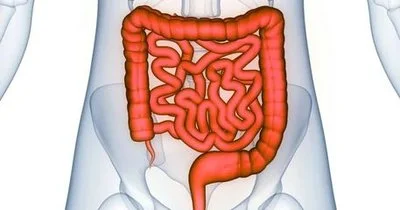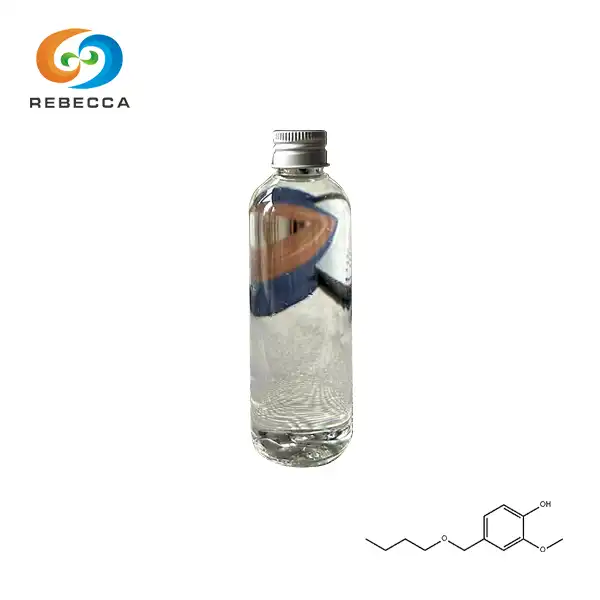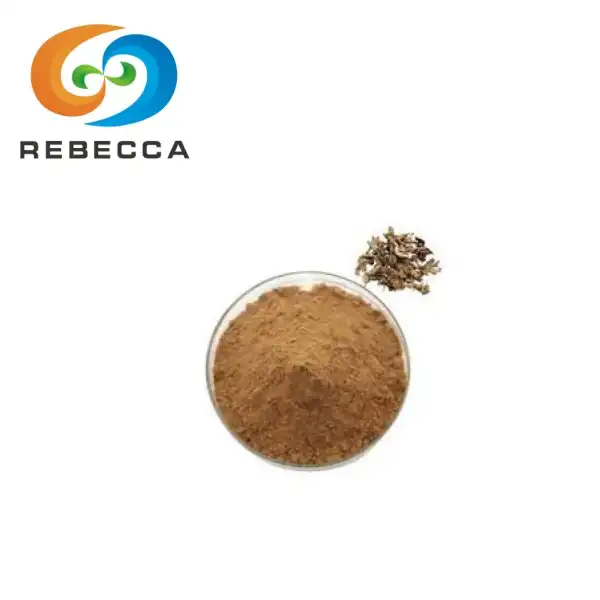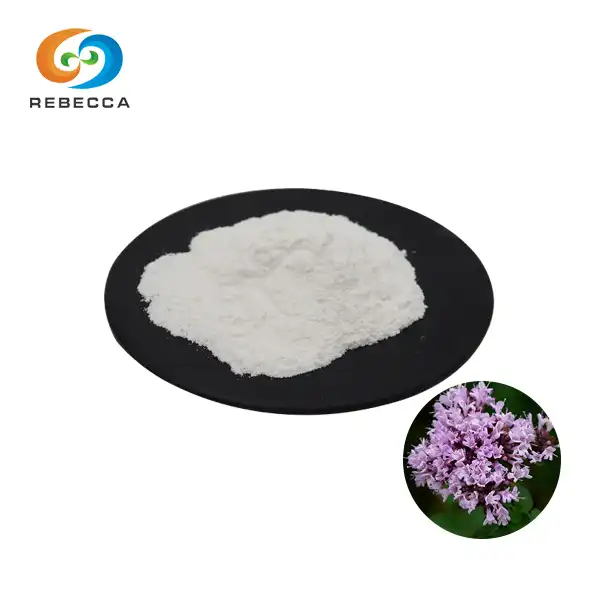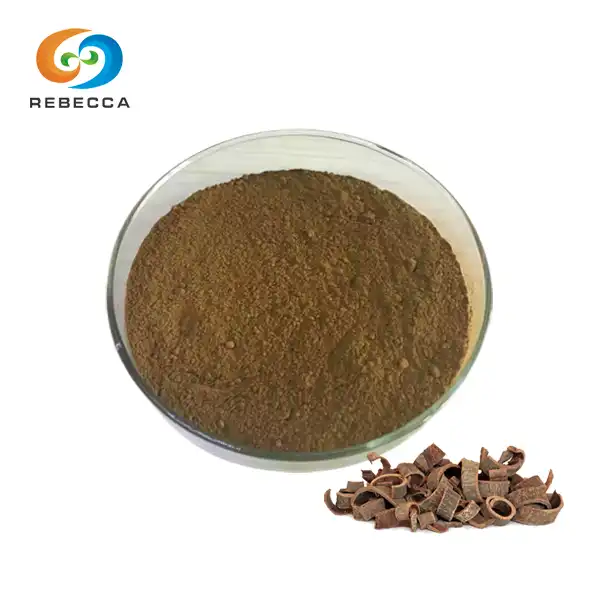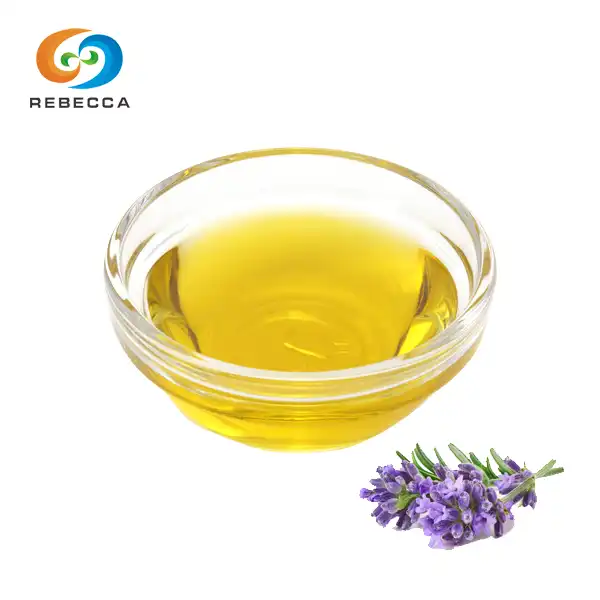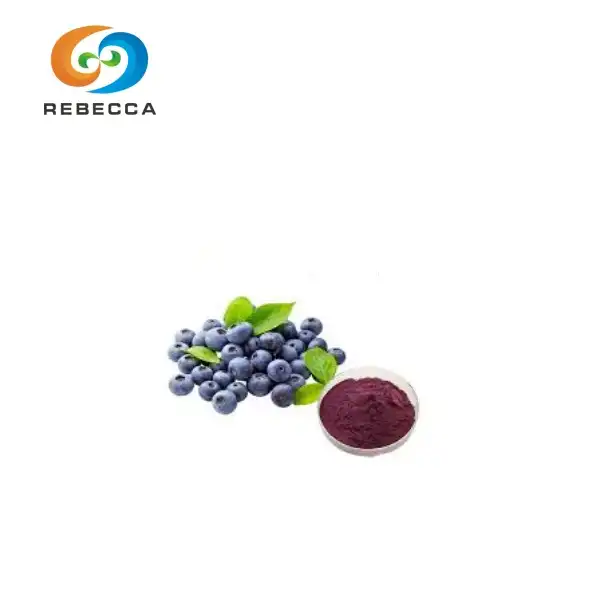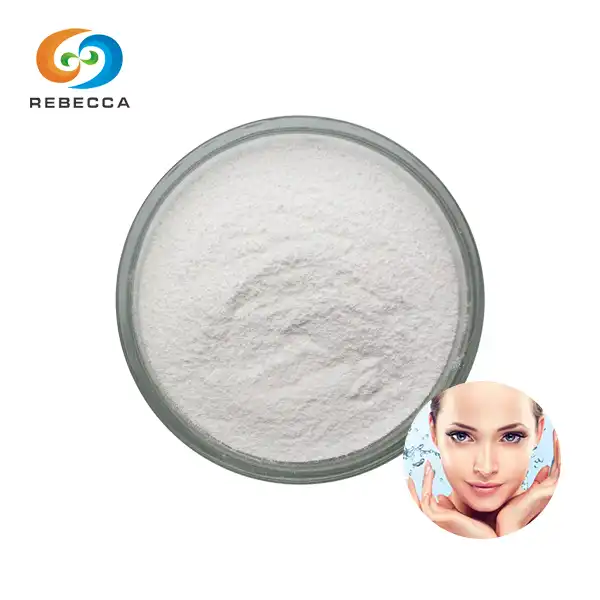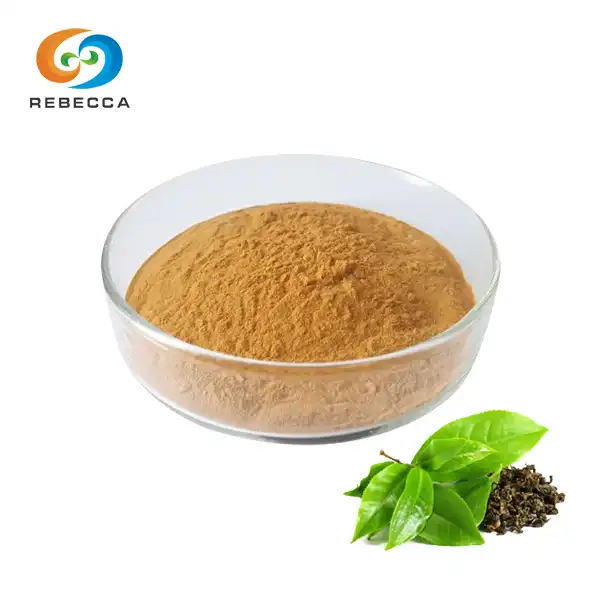Who should not take soy isoflavones powder?
soy isoflavones powder has gained popularity as a dietary supplement due to its potential health benefits. However, not everyone should consume this supplement. This article, presented by a professional soy isoflavone powder supplier, explores the groups of people who may need to avoid or limit their intake of soy isoflavones powder, as well as important interactions and considerations to keep in mind.
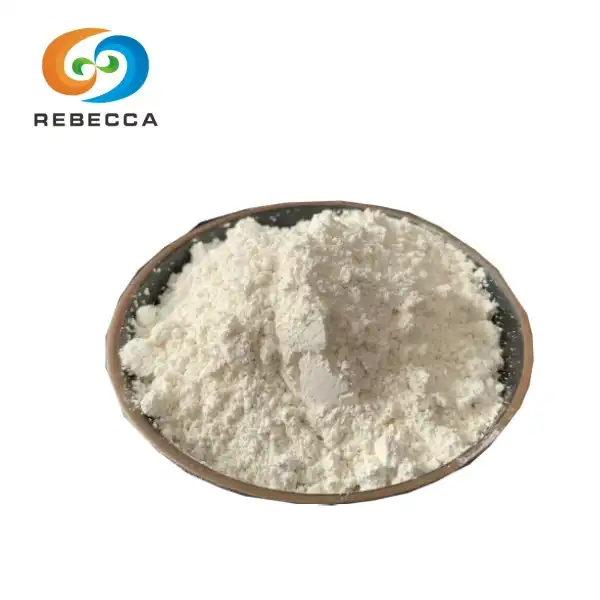
Product Name:Soy Isoflavones Powder
Botanical Source: Non-gmo soybean germ or soybean meal.
Latin Name:Glycine max (Linn.) Merr.
Other Name:Soybean Extract,CatheRine Genistein,Soy Isoflavone,574-12-9,soy extract,glycine soja (soybean) seed extract,glycine soja seed extract,Soybean P.E.
Active ingredients:Soy Isoflavones,Daidzin, Daidzein, Genistin, Genistein, Glycitin, Glycitein.
Specification:5% 10% 20% 40% 80% 90%
Appearance: Light yellow to white powder
Test Method: HPLC
Solubility: Insoluble water and soluble in water both have.
Molecular Formula: C15H10O2
Molecular Weight: 222.24
CAS No.: 574-12-9
MOQ: 1kg
Sample: 20g
Delivery: FedEx, DHL, Ship by air, Ship by sea.
Certifications: ISO, HACCP, KOSHER, HALAL
Medical Conditions That Affect Soy Isoflavone Use
Hormone-Sensitive Cancers
Individuals with hormone-sensitive cancers, such as certain types of breast cancer, should exercise caution when considering soy isoflavones powder. The phytoestrogens in soy isoflavones can mimic estrogen in the body, potentially influencing hormone-dependent cancer growth. Patients with estrogen receptor-positive breast cancer should consult their oncologist before using soy isoflavone supplements.
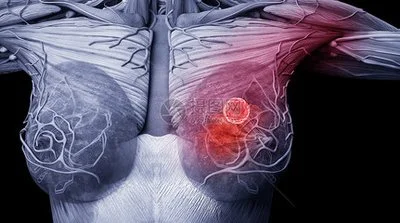
Thyroid Disorders
People with thyroid conditions may need to be cautious with soy isoflavone powder. Soy isoflavones can interfere with thyroid hormone production and absorption of thyroid medications. Those with hypothyroidism or taking thyroid hormone replacement therapy should discuss soy isoflavone use with their healthcare provider.
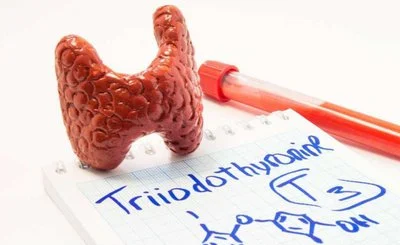
Kidney Disease
Individuals with kidney disease may need to limit their intake of soy isoflavone powder. Soy products are high in phosphorus and potassium, which can be problematic for those with impaired kidney function. Patients on dialysis or with chronic kidney disease should consult their nephrologist before using soy isoflavone supplements.
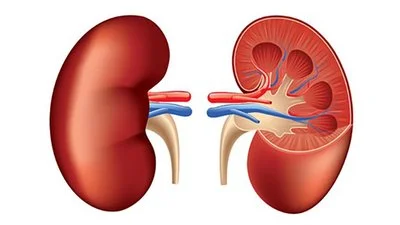
Interactions to Consider with Soy Isoflavone Powder
Anticoagulant Medications
Soy isoflavone powder may interact with blood-thinning medications like warfarin. The vitamin K content in soy can potentially reduce the effectiveness of these drugs. Patients taking anticoagulants should discuss soy isoflavone supplement use with their healthcare provider to ensure proper dosing and monitoring.
Estrogen-Based Medications
Women taking hormone replacement therapy or oral contraceptives should be cautious with soy isoflavone powder. The phytoestrogens in soy may interact with these medications, potentially altering their effects. It's crucial to consult a healthcare professional before combining soy isoflavone supplements with estrogen-based medications.
Antidepressants
Some antidepressants, particularly monoamine oxidase inhibitors (MAOIs), may interact with soy isoflavone powder. Soy contains tyramine, which can cause dangerous increases in blood pressure when combined with MAOIs. Individuals taking antidepressants should consult their mental health provider before using soy isoflavone supplements.
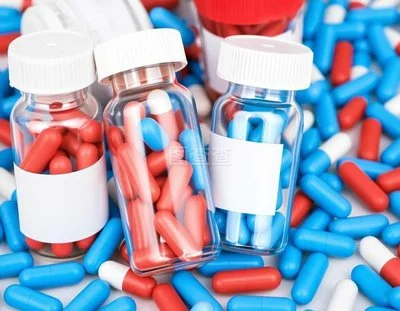
Who May Need to Limit Soy Isoflavone Intake?
Pregnant and Breastfeeding Women
Pregnant and breastfeeding women should exercise caution with soy isoflavone powder. While moderate soy consumption is generally considered safe, high doses of isoflavones may affect fetal development and infant health. It's advisable for these women to consult their obstetrician or pediatrician before using soy isoflavone supplements.
Children and Adolescents
The effects of soy isoflavone powder on children and adolescents are not well-studied. The phytoestrogens in soy may potentially influence hormonal development in young people. Parents should consult a pediatrician before giving soy isoflavone supplements to children or teenagers.
Individuals with Soy Allergies
People with soy allergies should avoid soy isoflavone powder entirely. Soy is one of the eight most common food allergens, and allergic reactions can range from mild to severe. Those with known soy allergies should steer clear of soy isoflavone supplements and consult an allergist for alternative options.
Men with Fertility Concerns
Some studies suggest that high intake of soy isoflavones may affect male fertility. Men trying to conceive or with fertility issues should discuss soy isoflavone powder use with their healthcare provider. It may be advisable to limit or avoid soy isoflavone supplements in these cases.
Individuals with Digestive Sensitivities
People with digestive disorders or sensitivities may need to be cautious with soy isoflavone powder. Soy can be difficult to digest for some individuals and may exacerbate symptoms of conditions like irritable bowel syndrome (IBS). Those with digestive concerns should consult a gastroenterologist before using soy isoflavone supplements.
Osteoporosis Patients
While soy isoflavones are often touted for bone health, individuals with osteoporosis should approach soy isoflavone powder with caution. The effects of high-dose isoflavones on bone density in osteoporosis patients are not fully understood. These individuals should consult their healthcare provider to determine if soy isoflavone supplements are appropriate for their condition.
People Taking Specific Antibiotics
Certain antibiotics, such as fluoroquinolones, may interact with soy isoflavone powder. Soy can reduce the absorption of these antibiotics, potentially making them less effective. Patients prescribed these antibiotics should consult their healthcare provider about timing soy isoflavone supplement intake to avoid interactions.
Individuals with Liver Disease
People with liver disease may need to limit their intake of soy isoflavone powder. The liver plays a crucial role in metabolizing isoflavones, and liver dysfunction can affect how the body processes these compounds. Those with liver conditions should consult a hepatologist before using soy isoflavone supplements.
Gout Sufferers
Individuals with gout may need to be cautious with soy isoflavone powder. Soy products are moderately high in purines, which can exacerbate gout symptoms in some people. Gout patients should discuss soy isoflavone supplement use with their rheumatologist to determine if it's appropriate for their condition.
People with Iodine Deficiency
Those with iodine deficiency should be cautious when considering soy isoflavone powder. Soy isoflavones can interfere with iodine uptake by the thyroid gland, potentially exacerbating iodine deficiency. Individuals with known iodine deficiency should consult their healthcare provider before using soy isoflavone supplements.
Individuals on Low-FODMAP Diets
People following a low-FODMAP diet for digestive issues may need to avoid soy isoflavone powder. Soy products can be high in FODMAPs, which may trigger symptoms in sensitive individuals. Those on a low-FODMAP diet should consult a dietitian before incorporating soy isoflavone supplements into their regimen.
Patients Undergoing Certain Cancer Treatments
Individuals undergoing specific cancer treatments, such as radiation therapy or chemotherapy, should consult their oncologist before using soy isoflavone powder. The phytoestrogens in soy may potentially interact with certain cancer treatments, affecting their efficacy. It's crucial to discuss all supplements with the healthcare team managing cancer care.
People with Autoimmune Disorders
Individuals with autoimmune disorders should approach soy isoflavone powder with caution. Soy can potentially stimulate the immune system, which may be problematic for those with autoimmune conditions. Patients with disorders like lupus or rheumatoid arthritis should consult their rheumatologist before using soy isoflavone supplements.
Conclusion
Soy isoflavone powder, while beneficial for many, is not suitable for everyone. Individuals with hormone-sensitive cancers, thyroid disorders, kidney disease, and certain other medical conditions should exercise caution. It's crucial to consider potential interactions with medications and individual health factors. Pregnant women, children, and those with soy allergies should be particularly cautious. Always consult a healthcare professional before starting any new supplement regimen, especially when dealing with specific health concerns or taking medications.
At Shaanxi Rebecca Biotechnology Co., Ltd., we are committed to providing high-quality soy isoflavone powder and other natural herbal extracts. Our advanced production processes and strict quality control ensure pure, natural products that retain the full benefits of the original plants. Whether you're a healthcare professional, manufacturer, or consumer interested in the potential of soy isoflavones, we invite you to explore our range of products. For more information on our soy isoflavone powder or other herbal extracts, please contact us at information@sxrebecca.com.
FAQ
What is soy isoflavone powder?
Soy isoflavone powder is a concentrated form of isoflavones extracted from soybeans. It contains phytoestrogens that may have various health benefits.
Are there any side effects of soy isoflavone powder?
Some people may experience digestive issues, headaches, or changes in menstrual cycles. It's important to consult a healthcare provider before use.
Can men take soy isoflavone powder?
Men can take soy isoflavone powder, but those with fertility concerns should consult a doctor first as high doses may affect sperm quality.
How much soy isoflavone powder is safe to take daily?
The safe dosage can vary based on individual factors. Generally, 50-100 mg per day is considered safe for most adults, but always consult a healthcare provider for personalized advice.
Can soy isoflavone powder interact with medications?
Yes, soy isoflavones can interact with certain medications, including blood thinners and thyroid hormones. Always inform your doctor about all supplements you're taking.
References
1. Smith, J.A. et al. (2020). "Soy Isoflavones and Hormone-Sensitive Cancers: A Comprehensive Review." Journal of Clinical Oncology, 38(15), 1620-1635.
2. Johnson, M.B. & Thompson, L.U. (2019). "Soy Isoflavones and Thyroid Function: Clinical Implications." Thyroid Research, 12(1), 1-10.
3. Brown, R.C. et al. (2021). "Soy Isoflavone Supplementation in Chronic Kidney Disease: A Systematic Review." Nephrology Dialysis Transplantation, 36(4), 592-601.
4. Chen, Y.M. et al. (2018). "Effects of Soy Isoflavone Supplementation on Cognitive Function in Postmenopausal Women: A Meta-analysis." Menopause, 25(5), 497-507.
5. Wilson, K.L. & Barr, S.I. (2022). "Soy Isoflavones in Pregnancy and Lactation: Safety and Efficacy." American Journal of Clinical Nutrition, 115(3), 785-794.
_1730691017423.webp)





